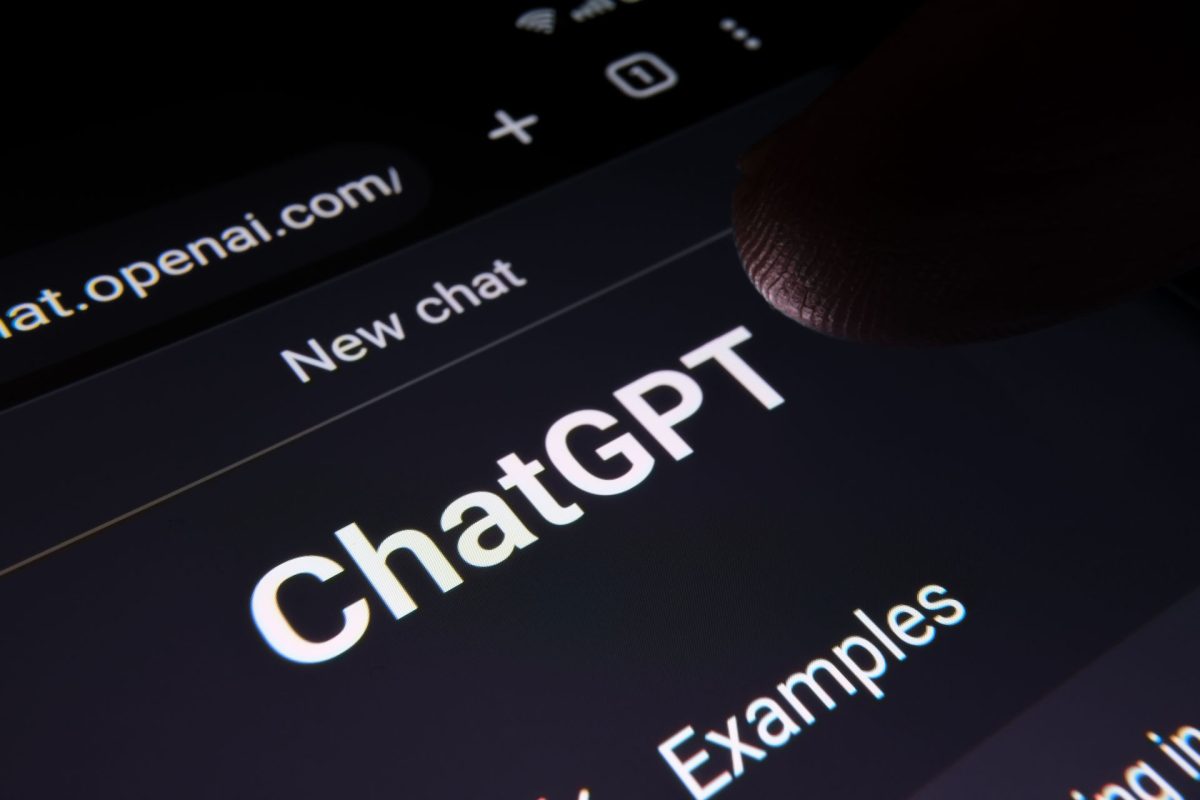In a new class action filed recently, two American authors filed a lawsuit against OpenAI in San Francisco federal court, alleging that the company unlawfully utilised their works to “train” its widely used generative artificial intelligence system, ChatGPT.
Paul Tremblay and Mona Awad, both authors based in Massachusetts, asserted that ChatGPT extracted data from thousands of books without obtaining permission, thereby infringing upon their copyrights.
“OpenAI used the stolen data to train and develop [ChatGPT] utilising large language models … and deep language algorithms to analyze and generate human-like language that can be used for a wide range of applications,” the complaint said.
Numerous legal disputes have arisen concerning the use of material for training cutting-edge AI systems. Plaintiffs have taken action against OpenAI and Microsoft’s GitHub, asserting ownership of source code, and against Stability AI, Midjourney, and DeviantArt, involving visual artists.
The defendants in these lawsuits have reportedly contended that their systems make fair use of copyrighted works.
ChatGPT, an AI system that generates responses to user text prompts in a conversational manner, experienced unparalleled growth earlier this year, becoming the fastest-growing consumer application in history. It reached 100 million active users in January, a mere two months after its launch.
ChatGPT and other generative AI systems create content by leveraging vast amounts of data scraped from the internet. The lawsuit by Tremblay and Awad emphasised the significance of books as a “crucial component” due to their provision of the “finest examples of high-quality extended writing.”
According to the complaint, OpenAI’s training data purportedly included over 300,000 books, including those obtained from illicit “shadow libraries” that offer copyrighted books without authorisation.
Alongside seeking financial compensation, the plaintiffs have requested several corrective measures against OpenAI’s alleged misconduct. These measures include the formation of an independent AI council to oversee governance and the provision of unrestricted access to all personal information collected by OpenAI.
Mona Awad is renowned for her novels such as “13 Ways of Looking at a Fat Girl” and “Bunny,” while Paul Tremblay has authored books such as “The Cabin at the End of the World,” which was adapted into the film “Knock at the Cabin,” directed by M. Night Shyamalan and released in February.
Tremblay and Awad claimed that ChatGPT was capable of generating “highly accurate” summaries of their books, suggesting that their works were present in its database.
The lawsuit seeks unspecified monetary damages on behalf of a nationwide class of copyright owners whose works OpenAI allegedly misappropriated.





